Finish To Start is a logical relationship (or dependency) in which a successor activity cannot start until its predecessor activity has finished.
Finish to Start (FS) is one of the four activity relationships of project management. These are used while preparing project schedule. The other three relationships are:
Let us understand FS relationship in greater depth by using examples, Gantt Chart, Network Diagram, and Mathematical formulas.
Finish to Start Relationship (Dependency) in Project Management
As per the PMBOK Guide “Finish to Start is a Logical Relationship in which a Successor Activity cannot start until a Predecessor Activity has finished”.
However a better definition is, “Finish to Start is a Logical Relationship in which starting event of a Successor Activity is dependent on the finishing event of a Predecessor Activity”.
To understand the above definition, let us look at the events of an activity and not the whole activity. The two distinct events of any activity are:
- Start Event (S)
- Finish Event (F)
In FS relationship, the Start event of the Second Activity is dependent on the Finish event of First Activity. The Second Activity is called the Successor and the First Activity is called the Predecessor.
You can also look at Max Wideman’s Glossary for a complete set of PDM definitions.
Note: An activity or task relationship is loosely termed as schedule dependency. However, these two terms are different. A relationship between two activities can be established only if one activity is dependent on the other. Just like relationships, there are 4 different type of schedule dependencies.
Finish To Start Examples
Let us consider two activities X and Y. X and Y are predecessor and successor activities respectively. The following examples show FS relationship between X and Y:
- X – Document Requirements, Y – Get Approval
- X – Design Machine, Y – Develop Prototype
- X – Write User Manual, Y – Print User Manual
Representation of Finish To Start
Gantt Chart
An FS relationship can be visually depicted using using Time Scaled Bar Charts, which are popularly known as Gantt Charts.
Let us consider two activities A and B.
- Duration of A is 3 days.
- Duration of B is 1 day.
- B has a FS relationship with A
The Gantt Chart below shows FS relationship between A and B.
As per the above diagram B’s Start is dependent on A’s Finish, which means that B can Start(S) as soon as A finishes(F).
In the above example, A and B together are scheduled to be completed in 4 days.
Project Network Diagram
An FS relationship can also be drawn by using Precedence Diagramming Method (PDM), which can be visually depicted by Schedule Network Diagrams.
Let us again consider the above two activities A and B. The Network Diagram below shows FS relationship between A and B.
Mathematical Formulas
Again considering the above two activities A and B and using zero method, we can mathematically represent the relationship between A and B as:
B(S) = A(F)
Or, if we use 1 method, we can say that:
B(S) = A(F) + 1
Finish to Start with Lead and Lag
FS relationships can be further modified by introducing scheduling Leads and Lags modifiers.
The following Lead and Lag examples use 0 method representation.
Two activities J and K having FS relationship with 1 day of Lead:
K(F) = J(F) – 1 day
Two activities L and M having FS relationship with 2 days of Lag:
M(F) = L(F) + 2 days
Over to You
PDM Relationships can be represented by using mathematical equations. However, not all mathematical relationships represent the natural logic. While making a project schedule, you should ensure that all dependencies follow the natural logic and are true in the real world.
FS is the most the common relationship among all four relationships. How often do you use it in your project schedules? Are all your task relationships FS?
I would love to hear from you.
PMP Exam Formulas
I have also compiled a PMP Formulas Cheat Sheet. It contains 45 formulas and 57 abbrviations. It will help you in your exam prep. It is the best and most comprehensive cheat sheet based on the PMBOK Guide 6th edition. You can download it free of cost for your studies.
If you are looking beyond a cheat sheet, then I would suggest you to buy detailed PMP Exam Formula Study Guide by Cornelius Fichtner. It contains detailed explanations of all the formulas along with examples and 105 practice questions.
Disclosure: This article contains affiliate links - it means that, if you buy from any of these links, then I will receive a small commission that would help me in maintaining this blog for free. However, for you, there is no extra cost. I recommend only those products that I believe will definitely help the certification aspirants.

![finish to start [FS] relationship](https://www.pmbypm.com/wp-content/uploads/2014/06/finish-to-start.jpg)
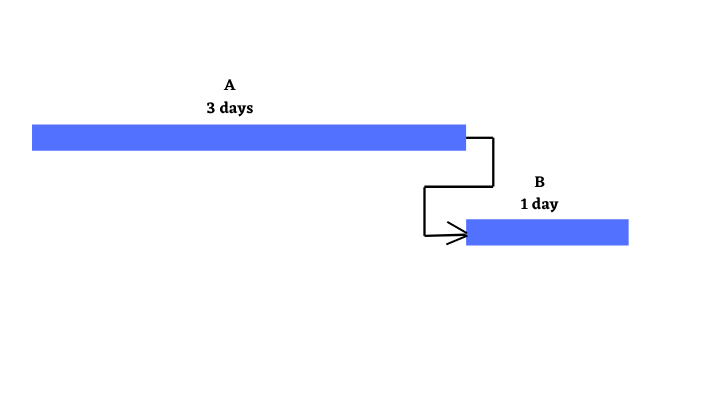
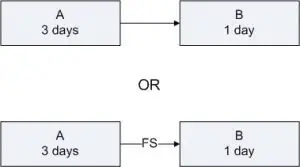
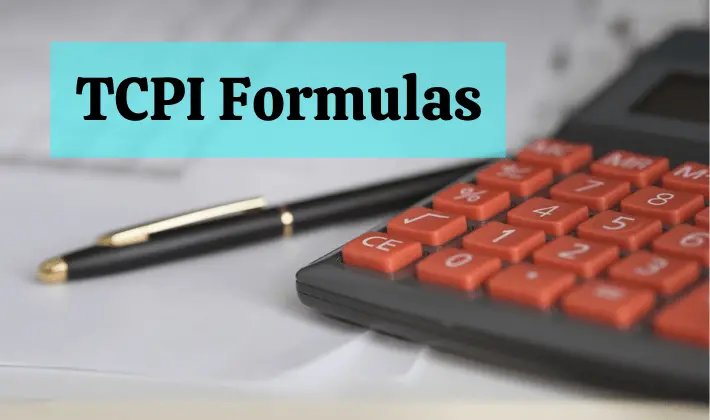
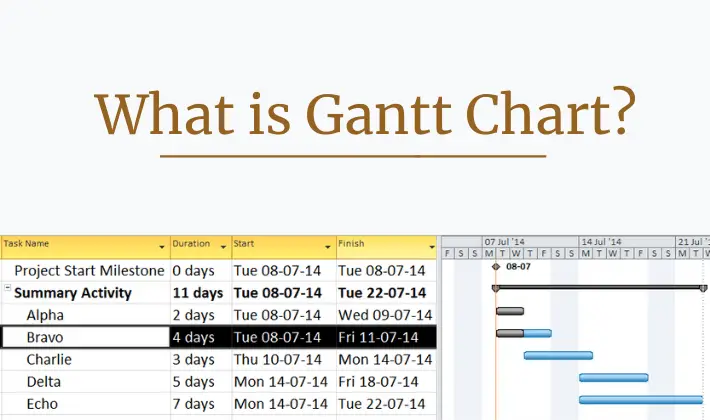

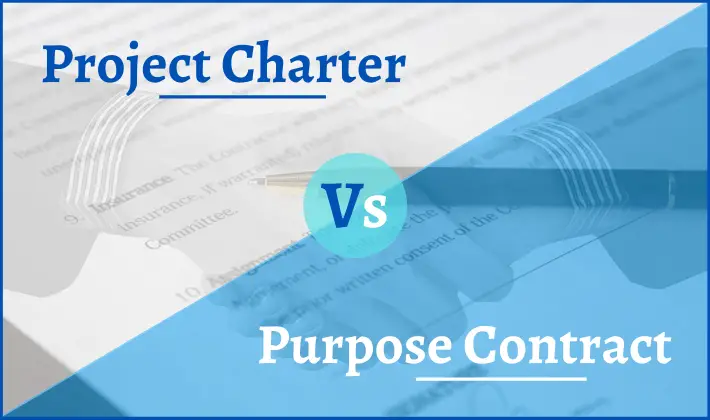
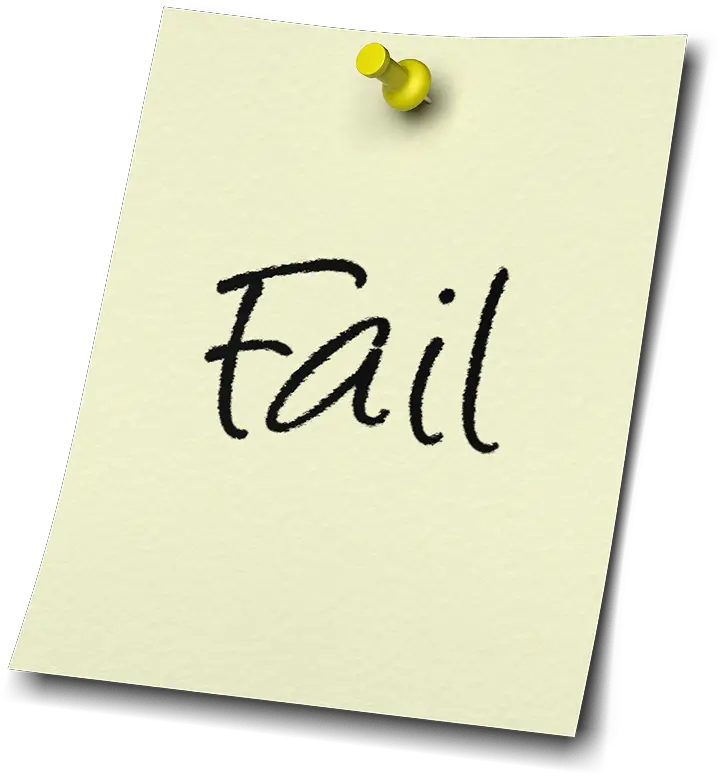


thank you for developing this website!!